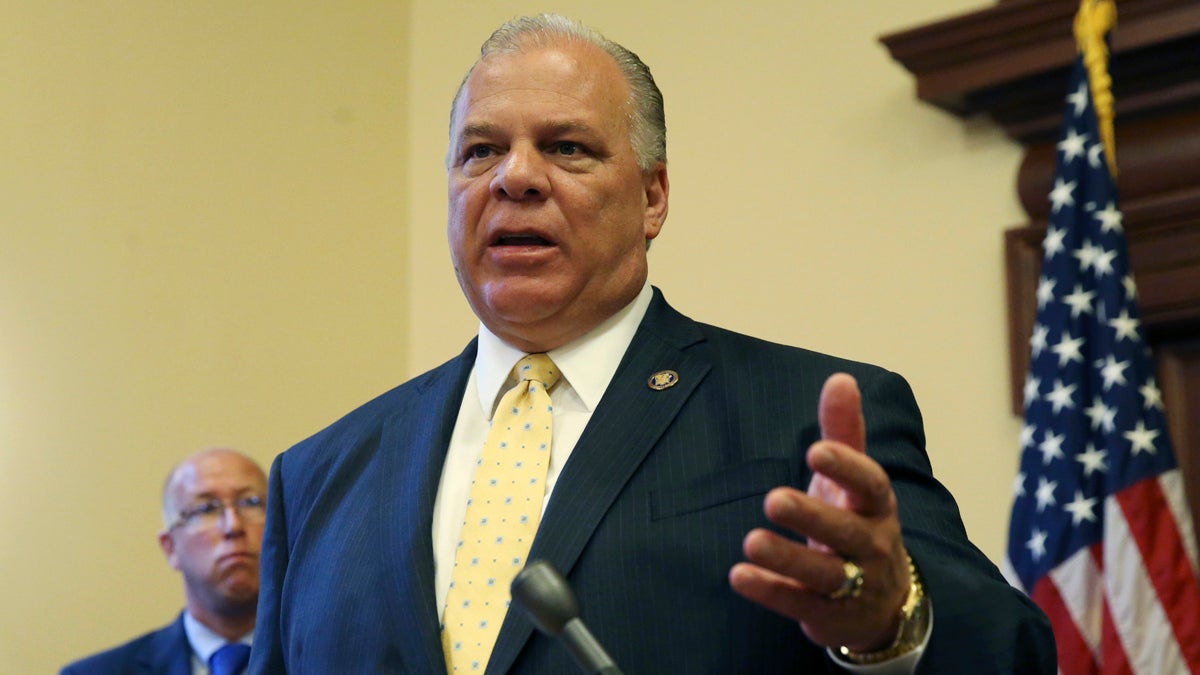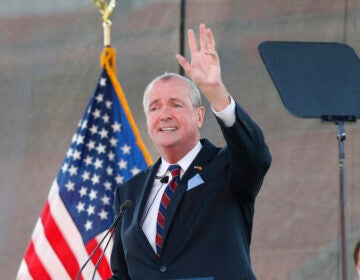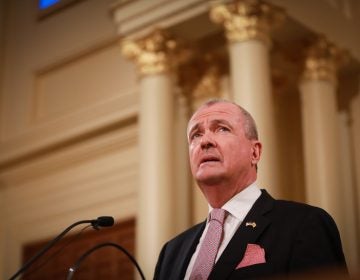After U.S. tax code changes, Sweeney says surcharge on N.J.’s wealthiest is ‘last resort’
New Jersey Gov. Phil Murphy could face an uphill battle getting state lawmakers to approve a tax surcharge on income over $1 million.

New Jersey Senate President Steve Sweeney, who previously supported a "millionaires tax," says changes to U.S. tax policy make it a last resort. (AP file photo)
New Jersey Gov. Phil Murphy could face an uphill battle getting state lawmakers to approve a tax surcharge on income over $1 million.
Senate President Steve Sweeney, who had advocated a “millionaires tax,” now says it’s the last thing he wants to consider.
He’s backed away from his previous support of the idea because of the recent federal tax code changes that limit state and local property tax deductions.
“How many people want to stay here, paying 14 percent income tax to stay in New Jersey?” said Sweeney, D-Gloucester. “That’s the question. And until I actually find the answers, what’s wrong with doing the due diligence first? Before you rush to do something, let’s do it intelligently.”
There would be no need for a millionaires tax if lawmakers could find ways to reduce the cost of government, he said.
“Sharing of services, consolidations are, in my mind, the low-hanging fruit. We’ve got 600 school districts. You don’t need them all. Now is the time to have this conversation,” he said. “Sixty percent of your tax bill is schools. We have great schools. And we’ll still have great schools. You just don’t have to pay as much as we are.”
Sweeney said he wants a comprehensive evaluation of the state’s tax structure.
WHYY is your source for fact-based, in-depth journalism and information. As a nonprofit organization, we rely on financial support from readers like you. Please give today.



